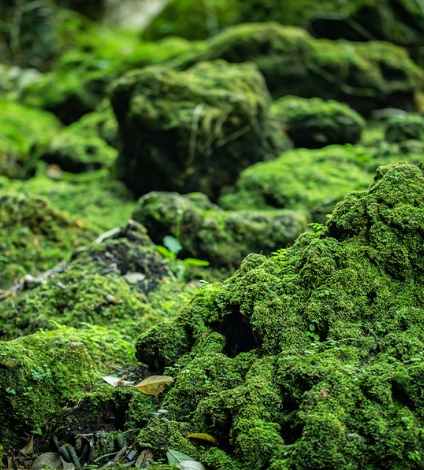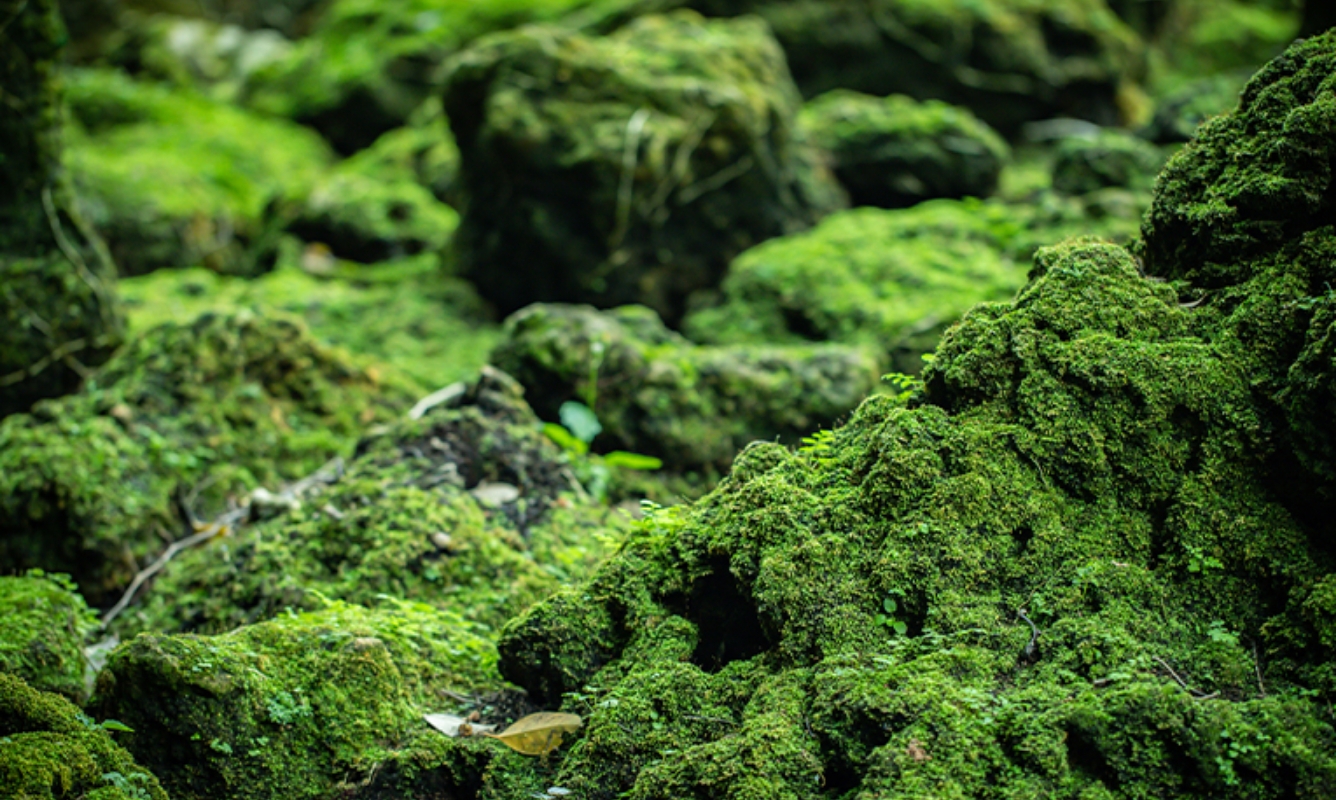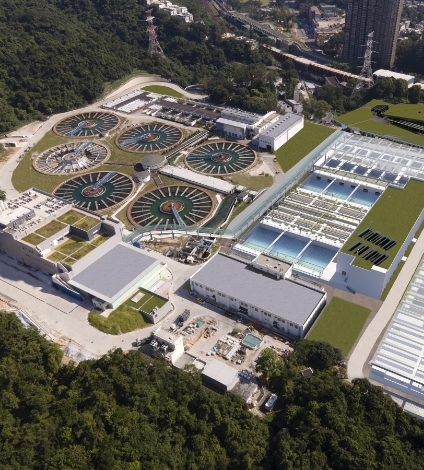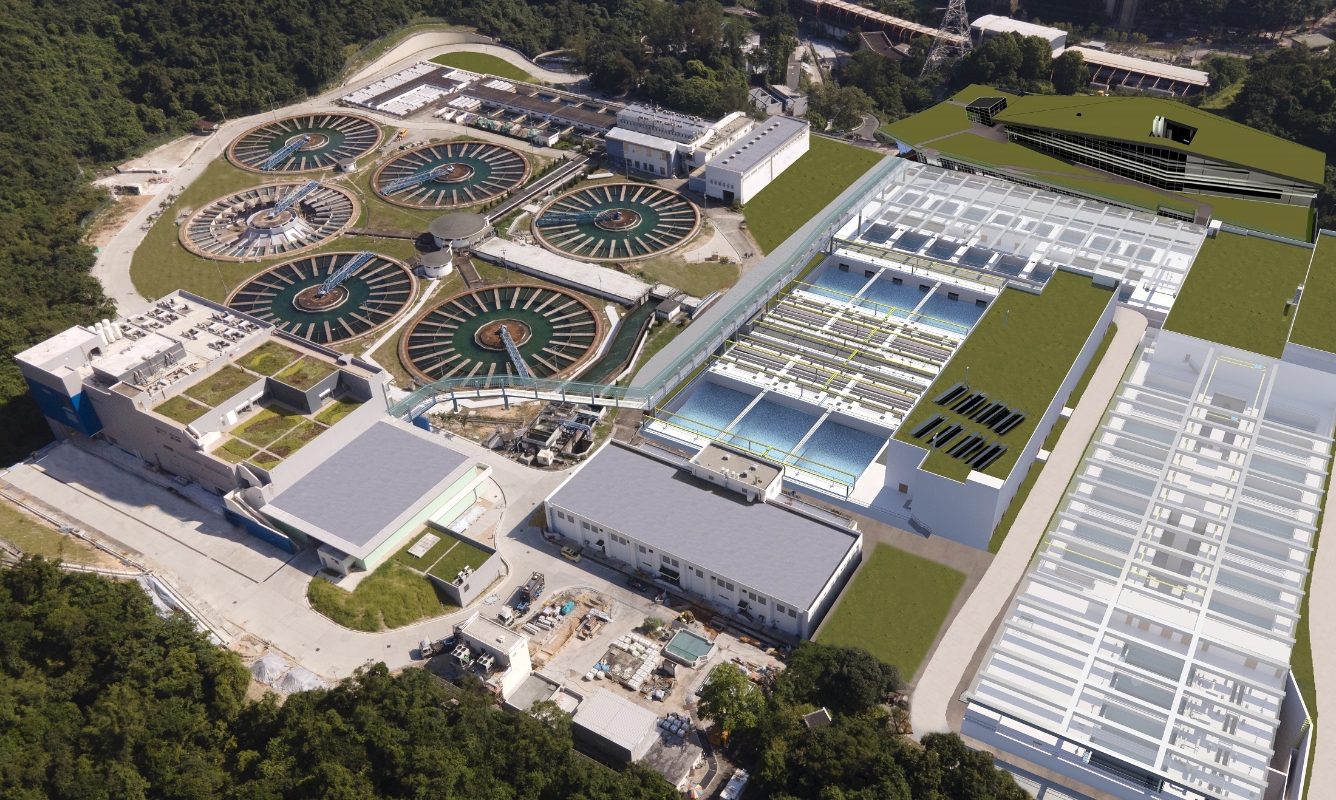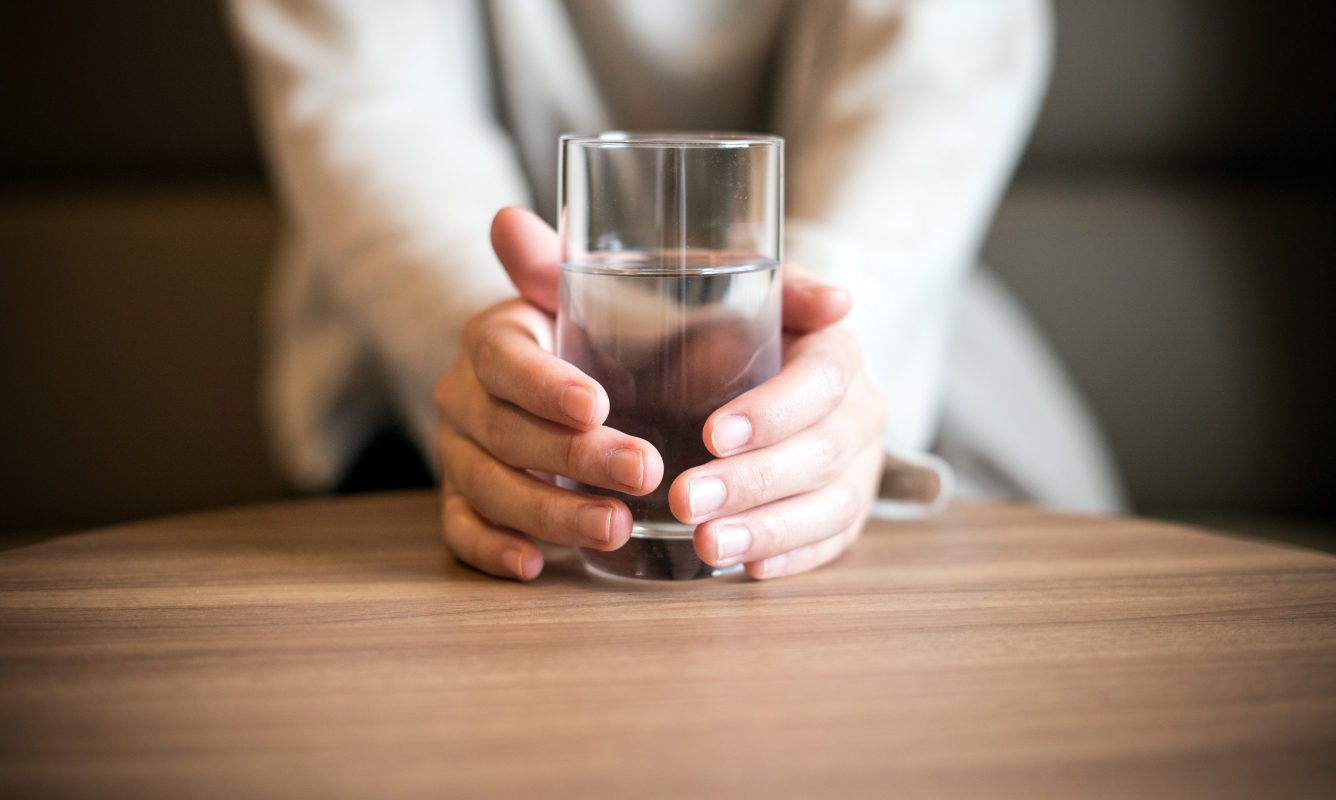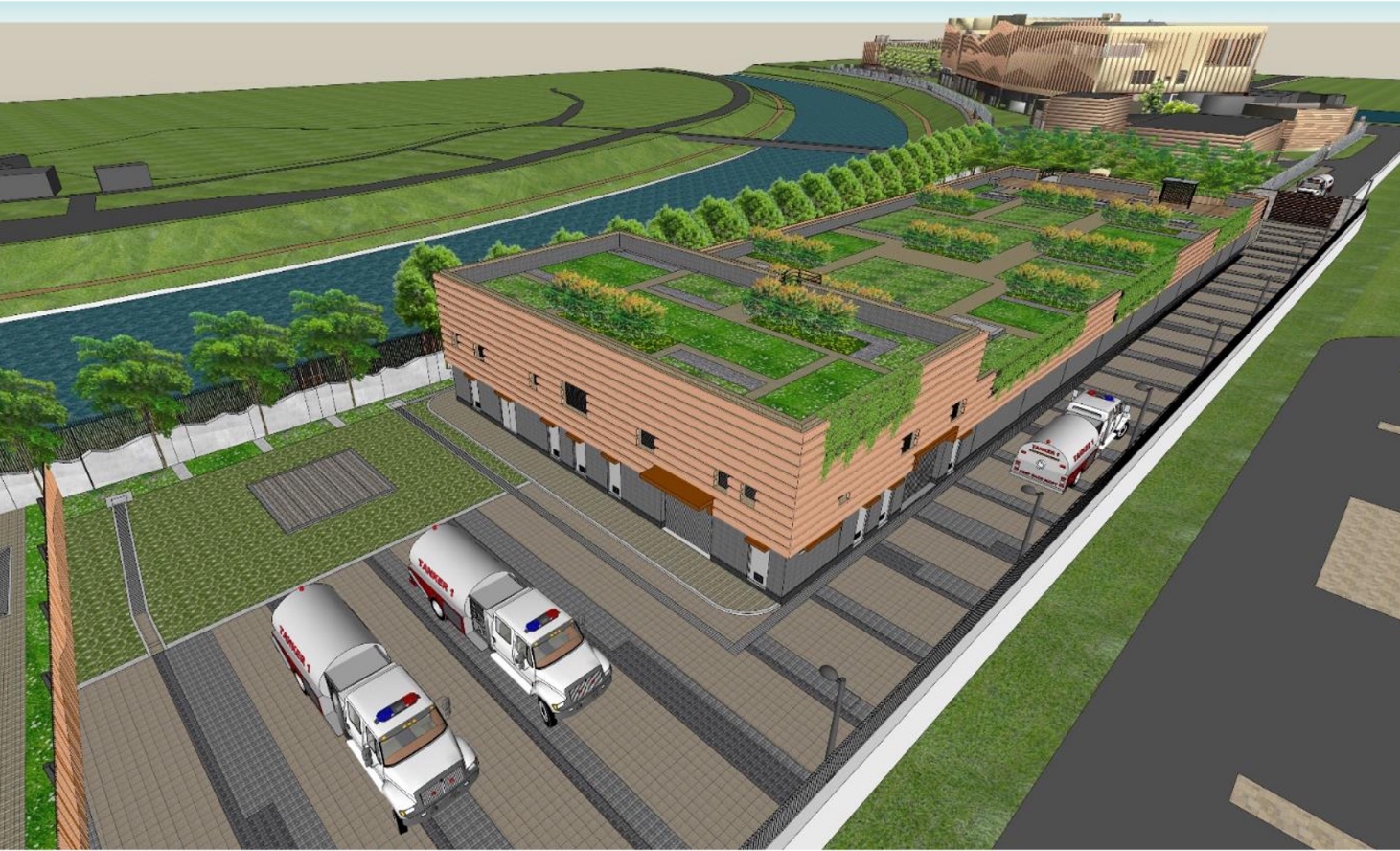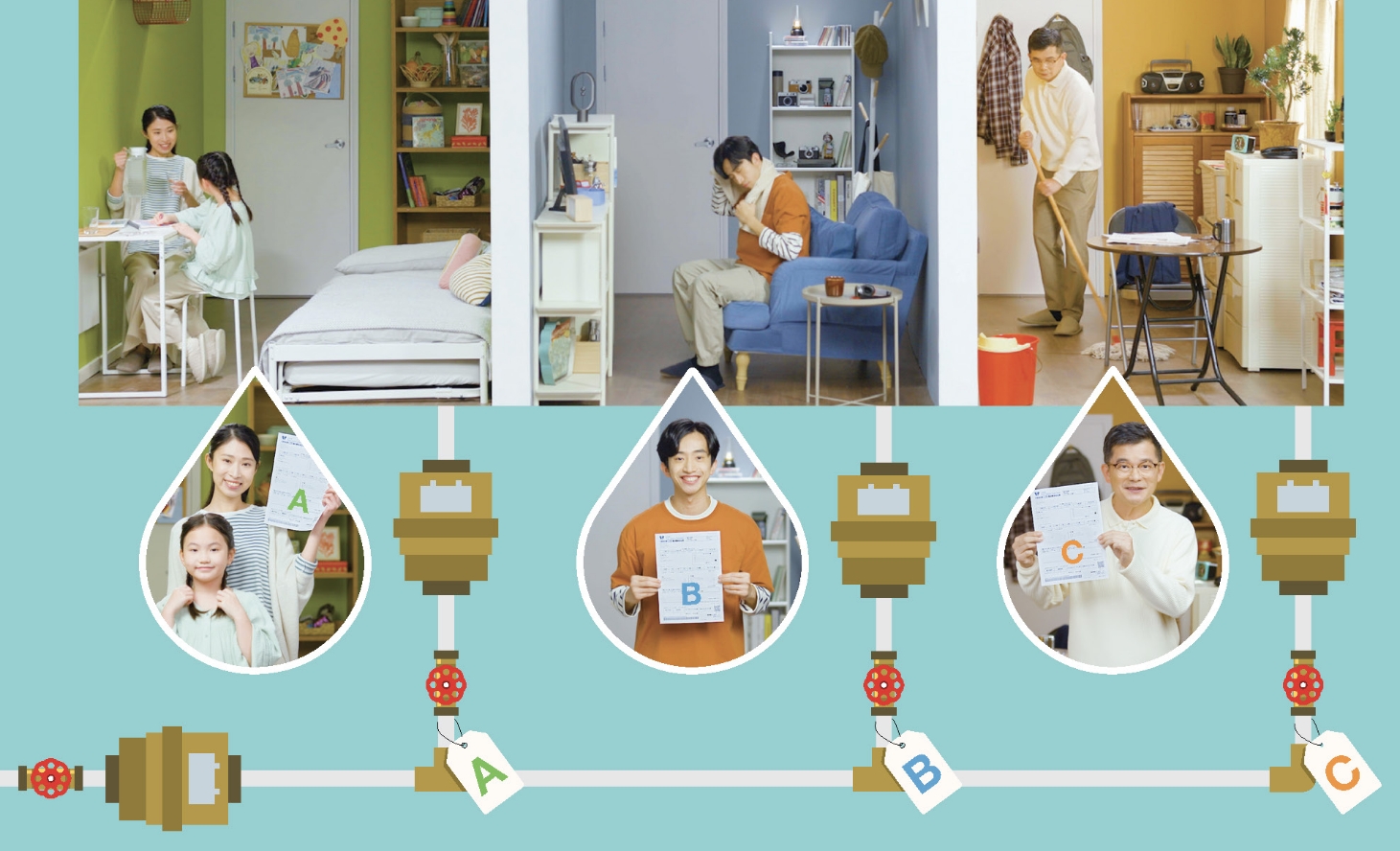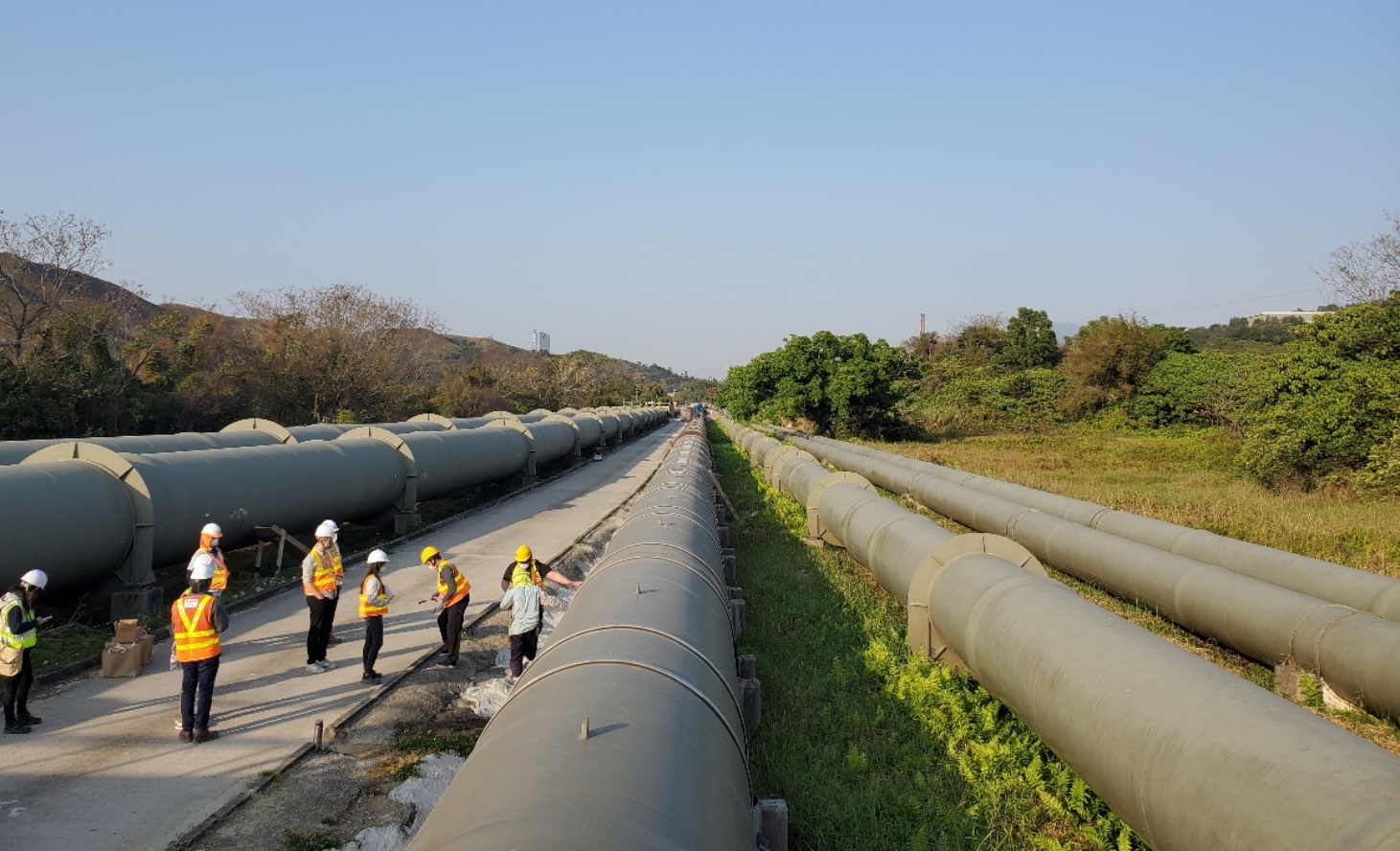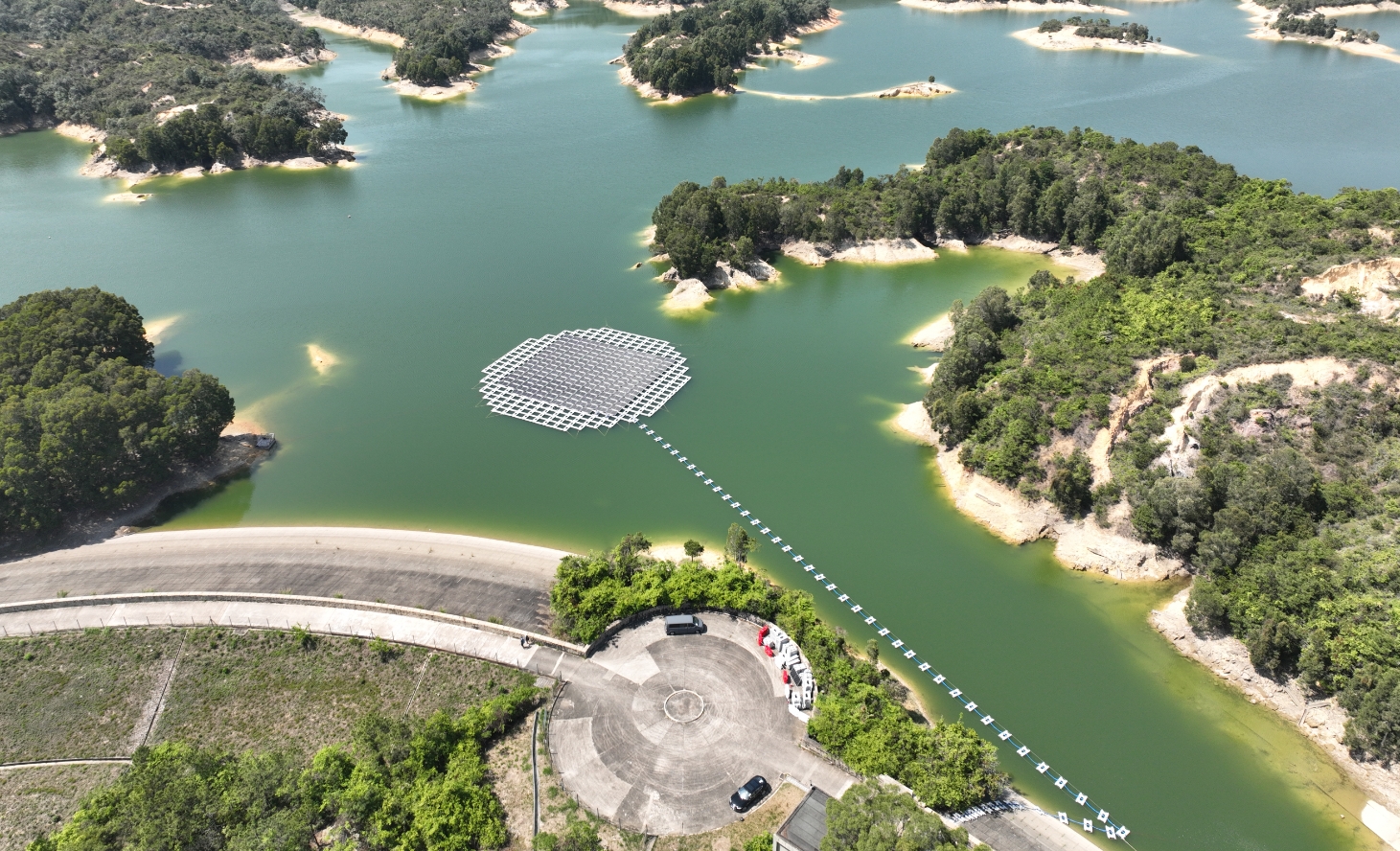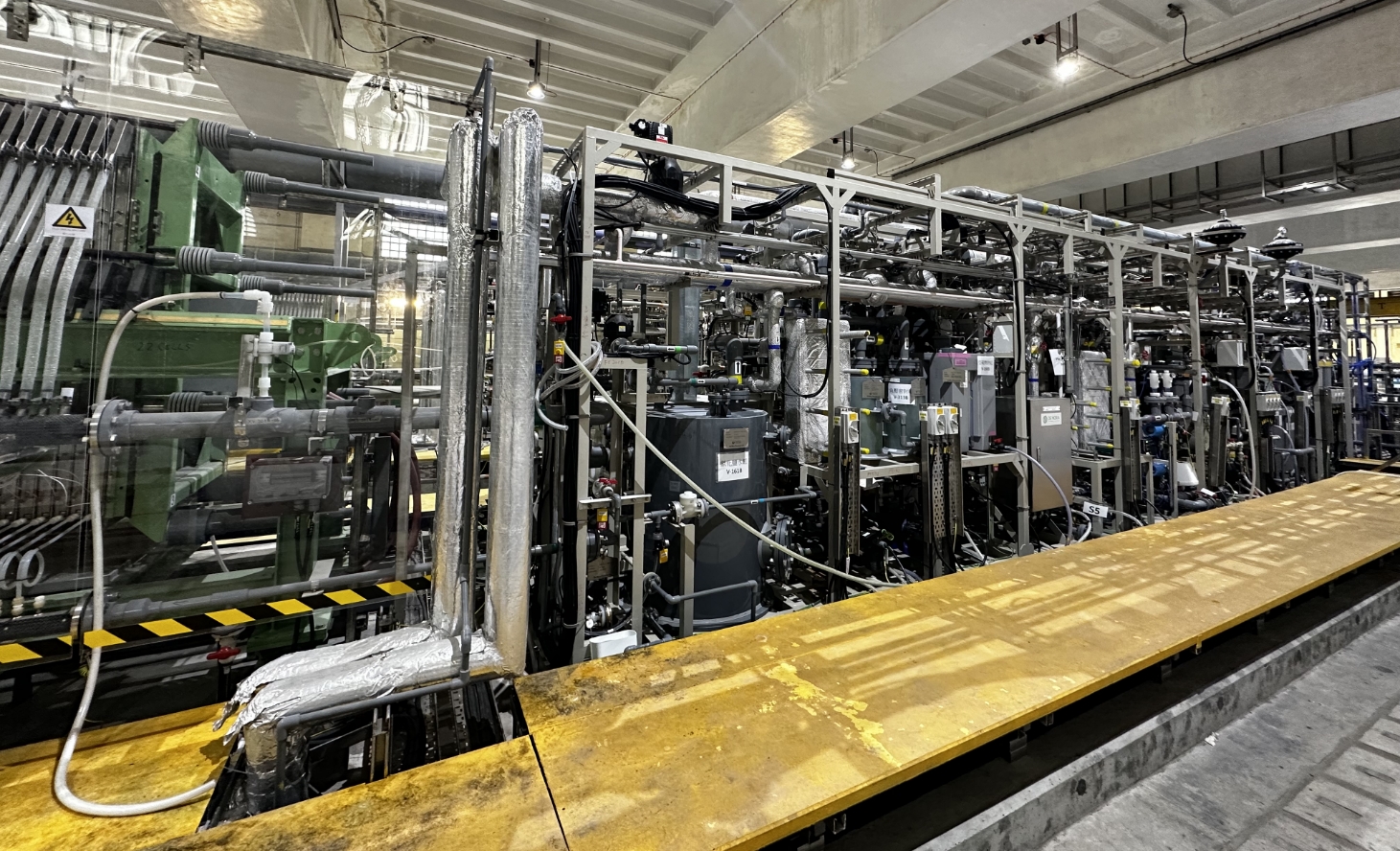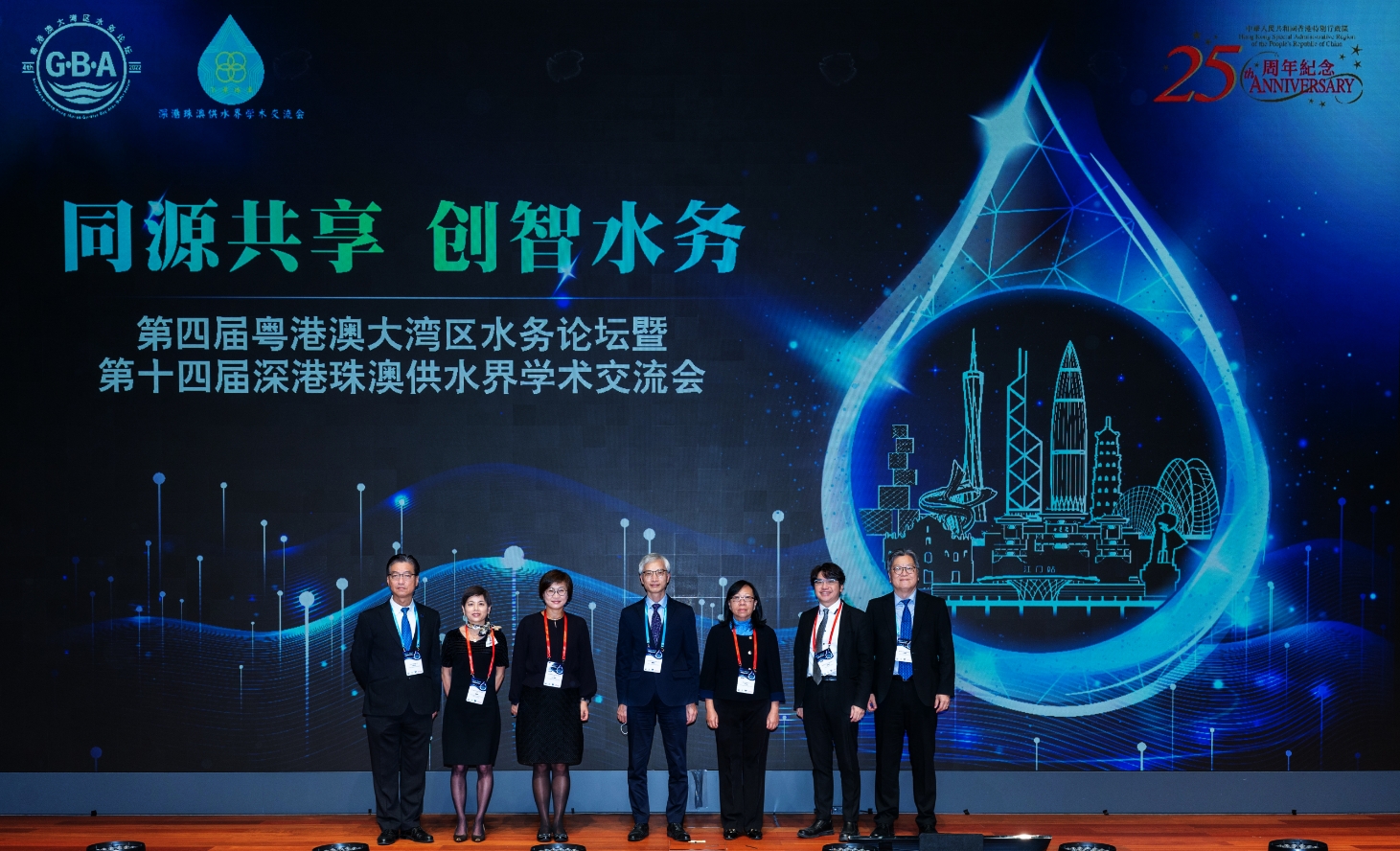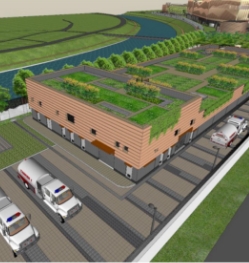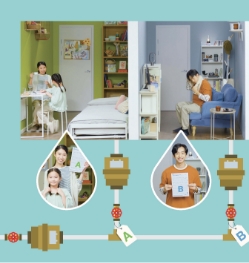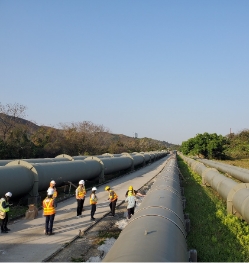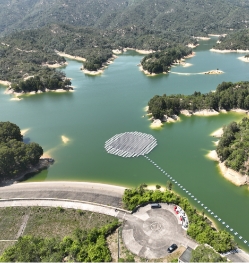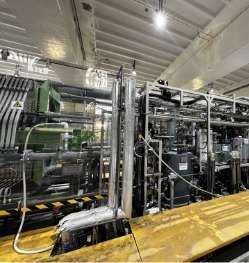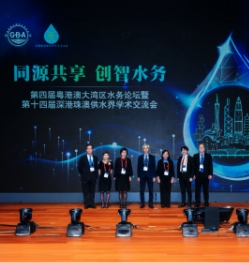Shek Wu Hui Water Reclamation Plant
As part of the holistic Total Water Management Strategy to build resilience in the fresh water supply with diversified water resources, the WSD has been progressively expanding the use of lower grade water for non-potable uses, with a view to advancing climate change adaptation and resilience.
Stepping up Actions to Protect Tenants of Subdivided Units from being Overcharged for Water
Upon the enactment of the Waterworks (Waterworks Regulations) (Amendment) Ordinance 2021 in respect of prohibition of sale of water, there are still cases of water overcharging by subdivided units (SDU) landlords as reflected by some tenants and organisations. With a view to enhancing the deterrent effect to protect SDU tenants from being overcharged for water by the landlords, the WSD has stepped up actions and adopted multi-pronged measures to combat such illegal acts.
Dongjiang Water Main Improvements
As part of our ongoing efforts to ensure a reliable and flexible water supply of Dongjiang water, we have embarked on a challenging project to conduct improvements to the Dongjiang Water Mains P4 at Sheung Shui and Fanling in September 2020. The project involves the replacement of large aged Dongjiang water mains of about five kilometres long with a diameter of 2.3 metres in a tight period of two and a half years. The project was substantially completed in January 2023.
Floating Photovoltaic Systems
The open and cool environment of reservoir offers space and efficiency for installing solar energy generation systems. Building on the successful implementation of floating photovoltaic (FPV) systems at the Shek Pik Reservoir and Plover Cove Reservoir in 2017, the WSD commissioned the third pilot at the Tai Lam Chung Reservoir in April 2022, as part of its long-term plan to progressively develop large-scale floating solar farms at impounding reservoirs in Hong Kong.
Onsite Chlorine Gas Generation
For decades, Hong Kong had disinfected drinking water to suppress bacterial growth by using chlorine gas produced from liquid chlorine, a method which was also widely adopted throughout the world. Classified as dangerous goods, liquid chlorine was imported from the Guangdong Province, mainland China and transported by dangerous goods vehicles to various water treatment works (WTWs) for storage and use. This might incur potential risks of chlorine leakage during transportation and storage. Besides, its supply might fluctuate thereby posing an impact on the fresh water treatment and supply of drinking water in Hong Kong.
The 4th Guangdong-Hong Kong-Macao Greater Bay Area Water Forum cum 14th Shenzhen, Hong Kong, Zhuhai and Macao Seminar on Water Supply
Fostering collaboration is the key to achieving water for shared prosperity in the Greater Bay Area (GBA) amidst the intensifying impacts of climate change. The 4th Guangdong-Hong Kong-Macao GBA Water Forum cum the 14th Shenzhen-Hong Kong-Zhuhai-Macao Water Supply Seminar provide a unique platform where the leaders and practitioners of the water utilities in the GBA gather, collaborate and make long-term progress on future water challenges.



